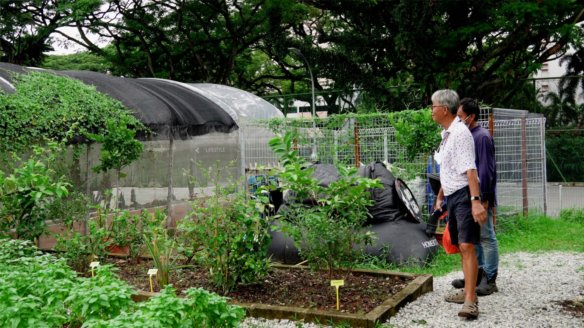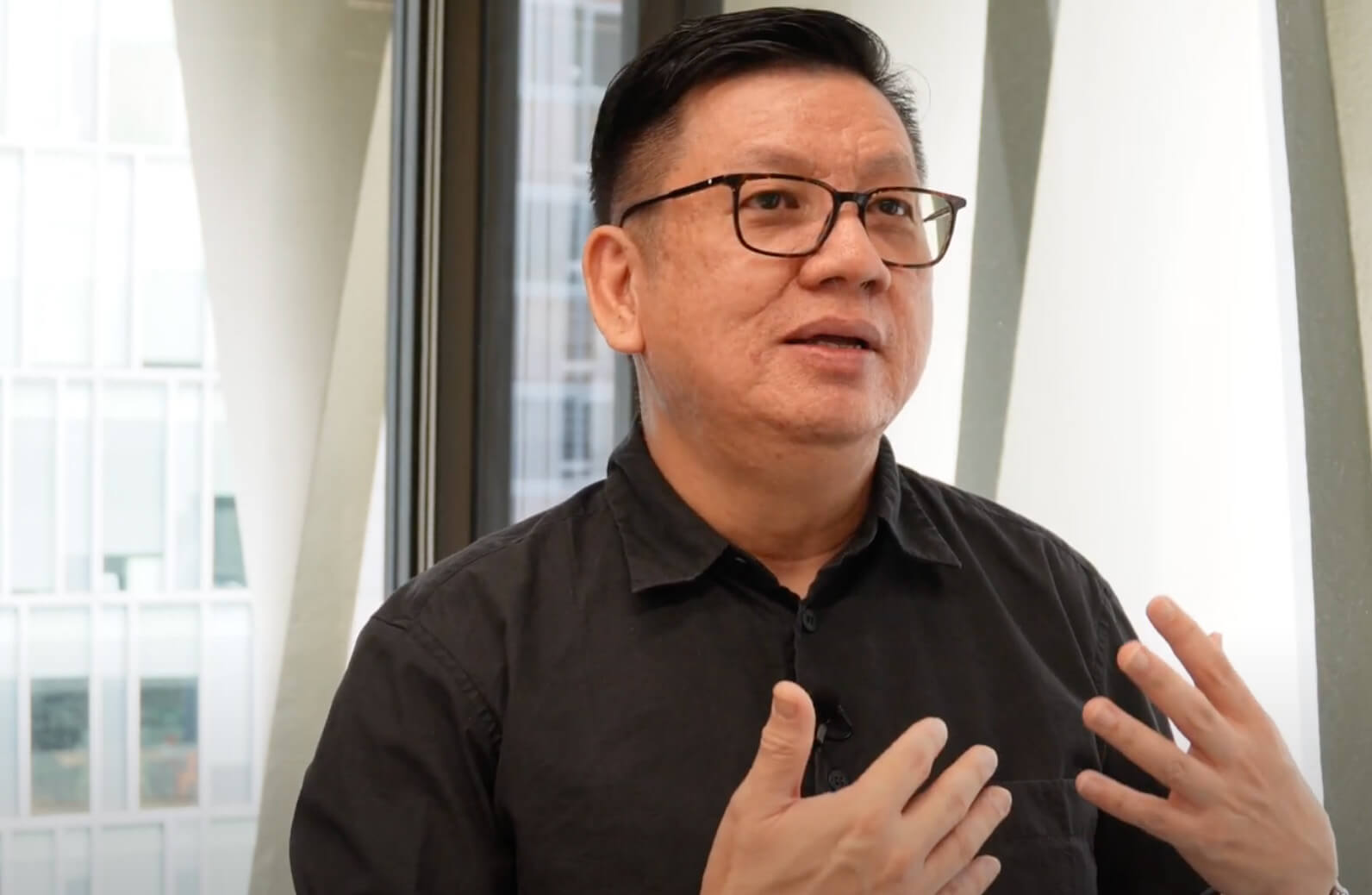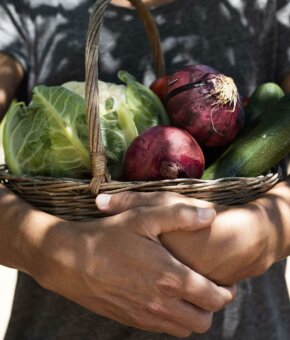
Explore Singapore’s innovative approach to urban agriculture and city planning, where sustainability and green innovation are reshaping the city’s landscape. Gain unique insights from local practitioners actively involved in making it happen, and discover the valuable lessons this journey offers to the world. Watch the video below.
Embracing the Vision of Sustainable Urban Delta
Our founder, Meiny Prins, emphasizes the urgency of rethinking our food production systems: “We just cannot continue growing food far away in monocultures, large scale, transporting it all over the world, not being sure it will come to your plate at the end of the day.”
Now it’s the time for so many opportunities when we all start to embrace this idea of becoming food-producing cities. – Meiny Prins – Founder Sustainable Urban Delta Foundation
At SUD, we’re dedicated to inspiring mega-cities to become self-sustaining food-producing communities for healthier, more sustainable urban living. We connect city governments, organizations, and citizens to achieve tangible results in urban food production.

Our active presence in Singapore has allowed us to learn from leading experts in the field, showcasing what is possible in this highly populated, innovative city-state.
Urban Farming Partners: Pioneering Indoor Farming
Grace Lim, CEO of Urban Farming Partners Singapore, shares her vision: “I started growing my own food about five or six years ago. When I was looking at my own produce, I told myself how wonderful it would be if I can bring fresh, nutritious produce to families, to cities, basically, to feed the country.” Grace’s farm, GroGrace, represents a game-changing approach to urban farming by utilizing indoor farming technology. Indoor farming not only embraces innovation but also ensures food self-sufficiency, even in times of conflict.

Henry Gordon Smith, founder of Agritecture, a global urban agriculture consultancy, applauds Singapore’s policies supporting urban agriculture: “Singapore developed policy and zoning and incentives around urban agriculture that say this is allowed to be done on top of a parking garage or allowed to be done in a vacant area. They’re building a forest city. They’re building an agriculture city.”
City Sprouts: Fostering Community and Education
Simone Lim, the Creator of Opportunities at City Sprouts, focuses on community and education, aiming to reconnect city dwellers with nature:
“I think it’s very important for people in big cities to find a connection with the food. Over here, it’s not just about production but about what we bring to the community.”

City Sprouts repurposes existing spaces to create urban farms, providing fresh, locally sourced produce to the city.”
MKPL: Architectural Innovation in Sustainable Farming
Siew Man Kok, Founder of MKPL, underscores the critical role of technology and AI in optimizing land use for food production: “We are going back to farming, but in a very different way.”

MKPL, acting as the architectural linchpin, stands at the forefront of innovative urban planning and sustainable farming technology in Singapore. Their approach involves harmonizing the expertise of various professionals to usher in a new era of urban agriculture.
Singapore’s “30 by 30” Initiative
Singapore’s government launched the “30 by 30” initiative in 2019, aiming to produce 30% of its own nutrients by 2030.

Grace Lim highlights the significance of this initiative: “Singapore is a very small country, so obviously we don’t have enough land apportioned to agriculture. Right now, more than 92% of our produce is imported from all over the world. But the government decided that we should have this 30 by 30 vision.”
Siew Man Kok adds,
Eight years from now, we should be able to produce 30% of our own nutrients.
7 Lessons for Urban Agriculture Policies
In the pursuit of sustainable urban development, Singapore’s innovative approach to urban agriculture offers a wealth of lessons for mega-cities worldwide. Below, we present a comprehensive list of key learnings that emphasize the importance of integrating urban agriculture into city planning strategies and fostering healthy, sustainable, food-secure urban environments.
- Integrate Urban Agriculture in City Planning: Municipalities should prioritize urban agriculture as a fundamental component of city planning strategies. Collaborative efforts among officials, architects, and experts can ensure urban agriculture’s inclusion in sustainable urban development from the outset.
- Embrace Innovation: Take inspiration from pioneers like Grace Lim, CEO of Urban Farming Partners Singapore, who has revolutionized indoor farming methods. Furthermore, Siew Man Kok’s MKPL underscores the significance of leveraging technology and AI for sustainable urban farming, showcasing how innovation can enhance land use efficiency.
- Government Support: Singapore’s government has introduced progressive policies and incentives to promote urban farming. City planners should draw inspiration from this collaborative effort, aiming to establish supportive regulatory frameworks that bridge the gap between the public and private sectors
- Community Engagement: City Sprouts, committed to community engagement and urban farming education, stands as a prime example of successfully involving citizens in food production initiatives. This collaborative effort encompasses a diverse range of participants, including small-scale urban farmers, educators, and the general public.
- Set Clear Goals: Singapore’s “30 by 30” initiative sets ambitious sustainability goals. Cities should consider setting similar targets to enhance food security and reduce reliance on external sources.
- Repurposing Urban Space: Urban Farming Partners Singapore and City Sprouts exemplify innovative urban space repurposing, transforming locations ranging from old docks to disused school buildings into thriving urban farms.
- Environmental Considerations: Urban farming initiatives in Singapore, guided by environmental awareness, emphasize the need for local, sustainable farming practices and reduced pesticide use.
By integrating urban agriculture into city planning strategies and examining these learnings, cities around the world can draw valuable insights from Singapore’s urban agriculture journey to create more sustainable and food-secure urban environments.
Work With Us
We firmly believe that the integration of urban agriculture is the key to addressing multifaceted challenges, encompassing social, ecological, and economic dimensions. The remarkable journey Singapore is on – from embracing innovation to fostering sustainability – mirrors our vision and mission. To learn more about our initiatives and how you can collaborate with Sustainable Urban Delta, contact us and join us in this transformative journey toward a healthier, greener and food-secure urban future.



